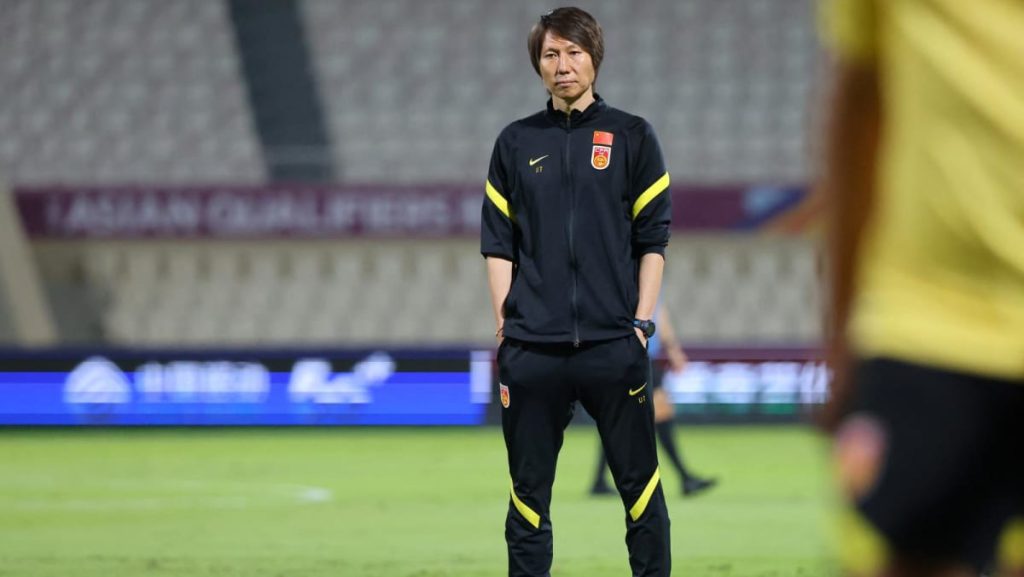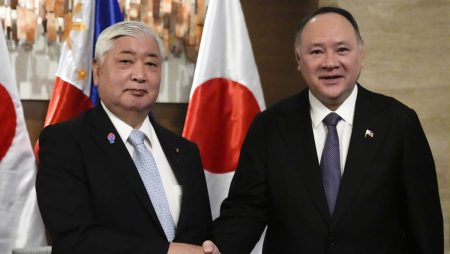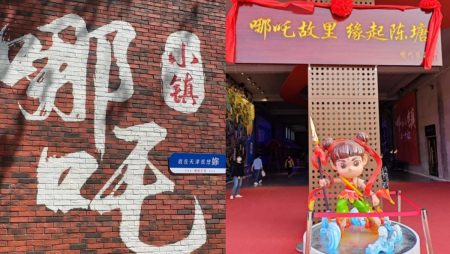The Chinese football landscape is currently embroiled in a sweeping anti-corruption campaign, leaving a trail of disgraced coaches, players, and officials in its wake. More than a dozen individuals involved in the sport are under investigation, facing allegations ranging from match-fixing to bribery. This recent wave of scrutiny has sent shockwaves through the nation, revealing a deeply ingrained culture of corruption that has plagued Chinese football for years. The severity of the penalties handed down underscores the government’s commitment to rooting out this systemic problem and restoring integrity to the game.
This week alone has witnessed the downfall of three prominent figures within the Chinese Football Association (CFA). Former secretary-general Liu Yi received an 11-year prison sentence and a hefty fine of 3.6 million yuan for accepting bribes. Tan Hai, the former head of the CFA’s referee management department, was sentenced to six and a half years in prison and fined 200,000 yuan for similar offenses. Qi Jun, the ex-chief of strategic planning, received a seven-year sentence and a 600,000 yuan fine. These sentences follow the life imprisonment handed down to former CFA chief Chen Xuyuan in March, painting a stark picture of the widespread corruption within the organization.
These recent convictions are not isolated incidents but represent a larger pattern of misconduct within Chinese football. The case of former national team coach Li Tie epitomizes the depth of the problem. Li, once hailed as a national hero, was sentenced to 20 years in prison for accepting bribes totaling over 7 million yuan. His confession, aired on state broadcaster CCTV, exposed a culture of bribery and match-fixing that permeated even the highest levels of the sport. Li admitted to accepting bribes to secure his coaching position and confessed to engaging in match-fixing as both a player and a coach, highlighting the pervasive nature of corruption within the system.
Li’s public confession and subsequent sentencing have sparked widespread outrage and disappointment across China. The news dominated social media platforms, with many expressing shock at the downfall of a once-revered figure. The public’s reaction reflects a deep sense of betrayal and frustration with the state of Chinese football. Fans lamented the lost potential of a generation of players and questioned the future of the sport. The magnitude of Li’s crimes and the subsequent public outcry underscore the urgent need for comprehensive reform within the Chinese football system.
The revelations of widespread corruption have prompted a period of deep introspection within the Chinese football community. Many are questioning the systemic issues that allowed such practices to flourish for so long. The lack of transparency and accountability within the CFA, coupled with the immense pressure to achieve success, created an environment ripe for corruption. The current investigation and subsequent prosecutions signal a turning point in Chinese football, marking a concerted effort to address these underlying issues and rebuild the sport from its foundations.
The ongoing anti-corruption campaign represents a crucial step towards restoring public trust in Chinese football. The heavy penalties handed down to those involved send a clear message that corruption will not be tolerated. However, true reform requires more than just punishing individuals. It necessitates a fundamental shift in the culture of the sport, emphasizing ethical conduct, transparency, and accountability at all levels. The future of Chinese football hinges on the ability of the authorities to implement meaningful reforms and create a sustainable environment for the sport to thrive. The current crisis presents an opportunity for a fresh start, a chance to build a more transparent and ethical system that can finally realize the potential of Chinese football.










